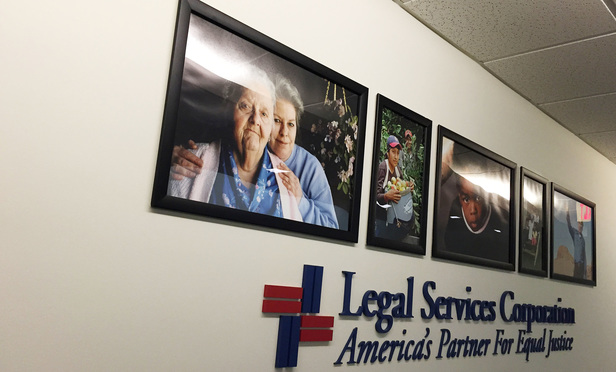Justice Sonia Sotomayor’s recent statements on the ethical duty of lawyers to provide pro bono publico service were refreshing and a needed message of leadership from the U.S. Supreme Court. ["Sotomayor Urges Mandatory Pro Bono for All Lawyers," The National Law Journal, May 17.] Yes, pro bono has to become part of every lawyer’s “being,” as she said. And, absolutely, her dream of universal pro bono is commendable.
But her dream of “forced labor” for lawyers to help the poor is incomplete (as many dreams are). The missing ingredient from this vision is full funding for legal aid lawyers, who make pro bono service possible. Representing the poor may not be highly remunerative, but it is by no means a simple task. Our housing laws, immigration regulations and public benefits systems, for instance, have not been simplified just because they pertain to the poor. To the contrary, advocacy in these areas requires specialized knowledge and training, which is precisely where legal aid lawyers step in.
This content has been archived. It is available through our partners, LexisNexis® and Bloomberg Law.
To view this content, please continue to their sites.
Not a Lexis Subscriber?
Subscribe Now
Not a Bloomberg Law Subscriber?
Subscribe Now
LexisNexis® and Bloomberg Law are third party online distributors of the broad collection of current and archived versions of ALM's legal news publications. LexisNexis® and Bloomberg Law customers are able to access and use ALM's content, including content from the National Law Journal, The American Lawyer, Legaltech News, The New York Law Journal, and Corporate Counsel, as well as other sources of legal information.
For questions call 1-877-256-2472 or contact us at [email protected]





